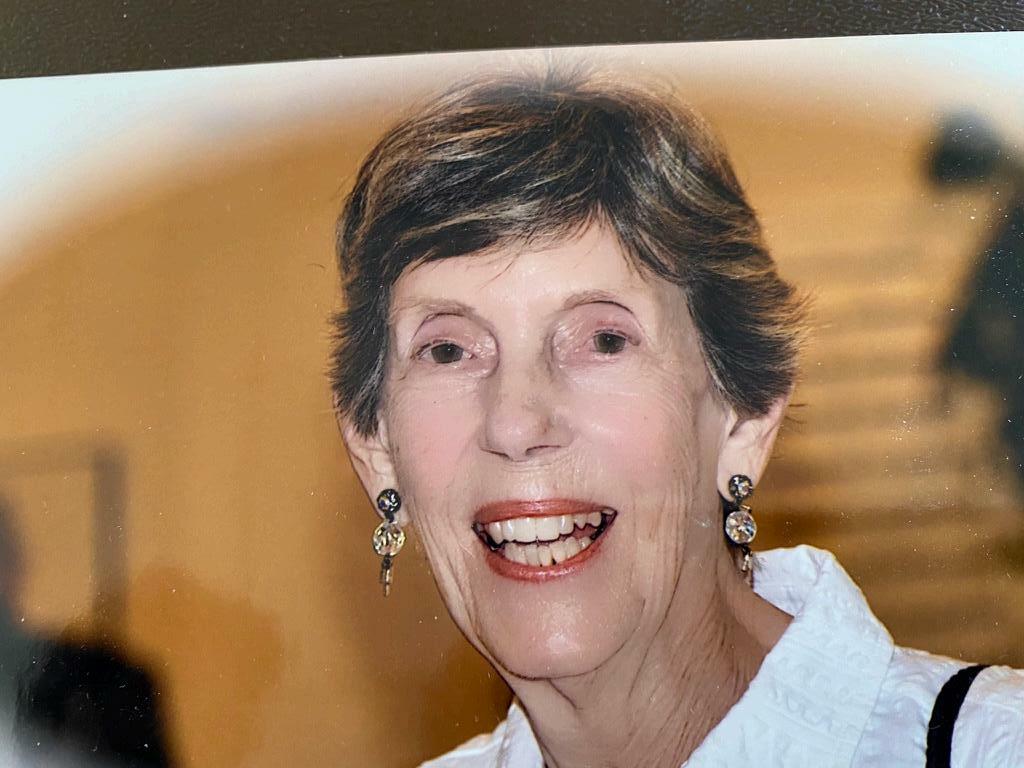
3 minute read
Literary Biography 66
Unfortunately, in-person classes at CCC, San Mateo, and Doelger Senior Center ended when COVID-19 pandemic broke out. The Palo Alto and San Bruno classes, however, continued online using the Zoom app. Dolores writes when she wakes up in the middle of the night using her laptop. At four o'clock in the morning, after reading Give Us This Day, a book of daily prayers, she writes a reflection on any word, phrase or sentence that inspires her or triggers a memory; this she writes in a notebook. Dolores feels writing her memoir is an excellent way to look back into her past; mostly in gratitude for a fruitful life. She believes she followed a straight path which she thought might become a boring story, but Dolores finds snippets in her life that are intriguing. She writes about her experiences with people. Some, who lived exemplary lives, inspired her and some taught her not to follow their erring ways.
PICNIC
Advertisement
By Dolores E. Fierro
It was 1959. My mother’s older sister Zolita who lived in Pagsanjan, forty miles from Carmona, the town where my parents raised all their children, sent for my siblings and me to spend the summer with her. A summer vacation with her meant going to the Protestant Church on Sundays and attending the Daily Vacation Bible School. But at the end of May, she let us participate in the Santacruzan, a Catholic procession. The summer would not be complete without a picnic by the river. Pagsanjan has a beautiful river with the famous waterfalls. My aunt said we would have a picnic, but everyone had to help her. She sent her husband, John, to catch tilapias from his mother’s fish pond, my brother, Romeo, to pick green mangoes and ripe pineapple from my great-grand uncle’s orchard, and I had to cook rice in a clay pot. After grilling the fish on the cast iron stove, making roasted eggplant salad, and cooking shrimp paste for the sliced green mangoes, my aunt packed them in Tupperware plastic containers. She also packed the sliced pineapples that my brother carefully peeled and seeded with a diagonal pattern.
Nanay Zolita had us change into shorts and tank tops she had made for my siblings and me. She also bought us some flip-flops that matched our summer attire. My aunt shepherded us to the basement of her house and opened the heavy steel door that led us to her granduncle Hector's coconut orchard. With baskets of plastic containers in hand, we walked under the shade of coconut trees and some lanzones (Lansium domesticum), and banana trees. After walking for a few minutes, we came through a small clearing where a lady named Cely and her family were allowed to build a house and live on the property. Her husband and her son were sitting across from each other at the opposite ends of a long bamboo pole roasting a whole pig (Lechon) over live charcoal. The roast pig's glistening skin was reddish-brown indicating that it was almost done. Nearby, was a large steel wok on top of a makeshift stove made with three big rocks. Steam was coming out of the cone-shaped cover. Tia Cely was cooking annatto rice cake according to my aunt. “They sell Lechon and steamed rice cake for a living,” she told us. When she saw Tia Cely, she yelled, “These are my sister Meding's children.” Then she turned to Tia Cely's son who got up to baste the lechon with lemongrass water, “Can you cut us a couple of banana leaves from the tree? We're having a picnic.” He took a machete from their house, approached a nearby banana tree, and made a graceful swing with his machete to cut two young banana leaves and handed them to my aunt. Salamat, (thank you) my aunt said to Tia Cely's son. We proceeded to walk. My aunt held the banana leaves at the center ribs, one on each hand, taking care not to touch the ground. She looked like an angel with green wings. We started hearing the










